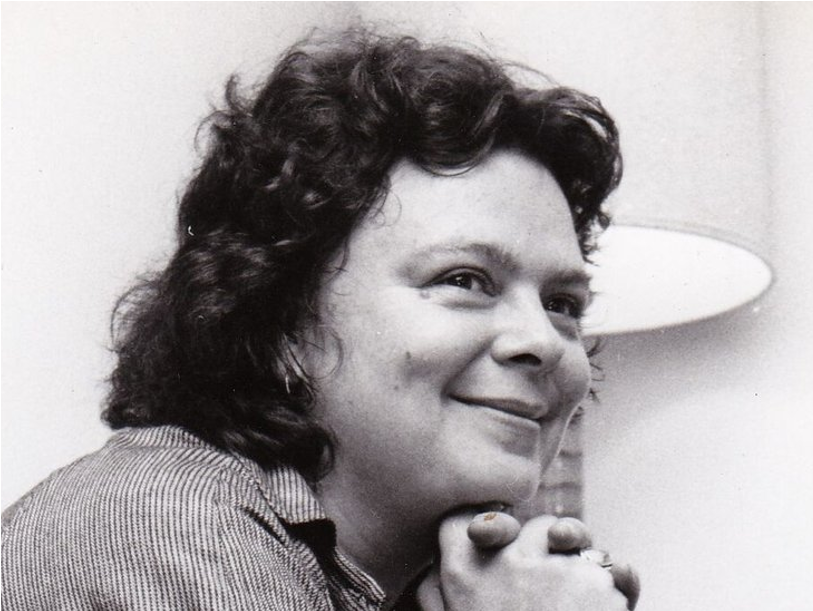For Women’s History Month, GO is celebrating LGBTQ women we wish we could have learned about in high school history class.
Born in Jamaica, bisexual writer Michelle Cliff often wrote about characters who lived in underexplored areas of the world and with universal conundrums conveyed through specific realities. Her experimental short stories, prose poetry and long-form fiction defied genre and touched on social issues like racism, colonialism and homophobia.

Cliff moved to New York City with her family and majored in European history at Wagner College on Staten Island before attending University of London for graduate school. (She received a master of philosophy degree in 1974 after writing a thesis on the Italian Renaissance, according to her New York Times obituary.) A year later, she was working as a production editor (“for books on history, women’s studies and politics”) when she met Adrienne Rich. The two would spend the rest of their lives together before Rich passed in 2012. Cliff died at the age of 69 this past June.
Cliff and Rich were a literary lesbian power couple, publishing Sinister Wisdom, “a multicultural lesbian literary and art journal” they edited together from 1981 to 1983 and still publishes four issues a year. Although her partner was arguably more well known, Cliff was prolific and celebrated in her own right, publishing four novels (“Abeng,” “No Telephone to Heaven,” “Free Enterprise: A Novel of Mary Ellen Pleasant,” “Into the Interior”), four collections of non-fiction and short stories (“Bodies of Water,” “The Store of a Million Items,” “Everything is Now: New and Collected Stories,” “If I Could Write This in Fire”) and two books of poetry (“Claiming an Identity They Taught Me to Despise,” “The Land of Look Behind and Claiming”) among many other pieces of written work contributed to respected journals and publications. She was also a teacher at Trinity College and Emory University and frequently lectured at other institutions, and translated Italian and Spanish poetry pieces published in places like American Poetry Review and the British PN Review.
Cliff’s work was distinct, original and from an oft-ignored perspective.
“I don’t consciously think about sexuality in my writing,” Cliff told Lambda Literary in 2010. “I let it happen and follow my imaginative threads.”

What Do You Think?